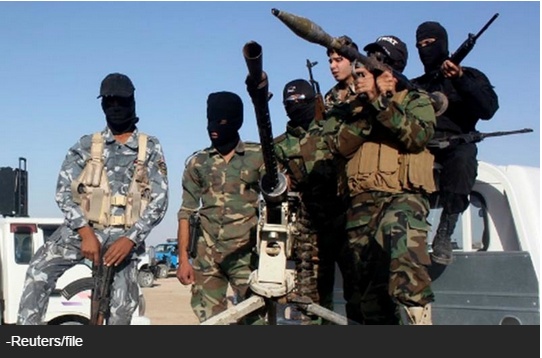
JORDAN’S willingness to free a jailed terrorist who helped kill dozens of civilians in return for the release by the Islamic State (IS) of a captured Jordanian air force pilot will horrify some western governments, politicians and diplomats. But in much of the Middle East, the exchange — if it goes ahead — is likely to be greeted with a shrug.
Hostage-taking and hostage swaps have been a common form of conflict zone commerce in the Middle East for as long as caliphs, emirs and tribes have fought for territory and power. Much the same held true in the Europe of the Middle Ages. Even popes sometimes fell victim, Leo IX being a prime example. Many princes certainly did. Hostages are currency. They are power levers. And they are usually more valuable alive than dead.
The IS approach to the use and abuse of hostages is different in significant ways. Its willingness to execute them in the most horrifyingly public manner has added to its notoriety — and to the fear and respect with which it is held in the areas it occupies in Syria and Iraq. Its use of videos and other media to magnify the drama adds to the horror — and to its negotiating strength.



